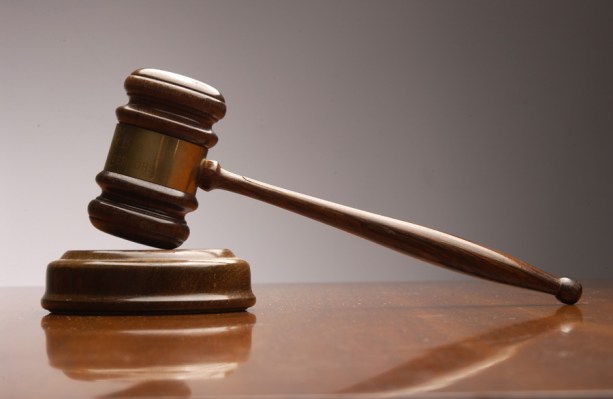In a unanimous decision, the Supreme Court ruled this morning that police need warrants to search cellphones of people they arrest.
Before this ruling, police can search a person under arrest and take any physical items within reach for evidence and to find weapons. With this ruling, police can examine a phone to make sure it will not be used as a weapon and USA Today reports that once the phone is secured, data can “endanger no one” and the person arrested cannot delete incriminating data.
In April, the Supreme Court looked at two cases, one involving a flip phone and the other a smartphone.
David L. Riley was arrested in San Diego in 2009 for having an expired auto registration. The police who pulled him over found loaded guns in his car and searched his smartphone, ultimately finding evidence linking him to a street gang and a shooting. Riley was convicted of attempted murder and was sentenced to prison. But the California appeals court said the search did not require a warrant.
In the case of the flip phone, Brima Wurie was arrested in Boston in 2007. The New York Times reports the federal appeals court in Boston threw out the evidence found on his phone.
“The fact that technology now allows an individual to carry such information in his hand does not make the information any less worthy of the protection for which the Founders fought,” Chief Justice John G. Roberts Jr. wrote for the unanimous court.
